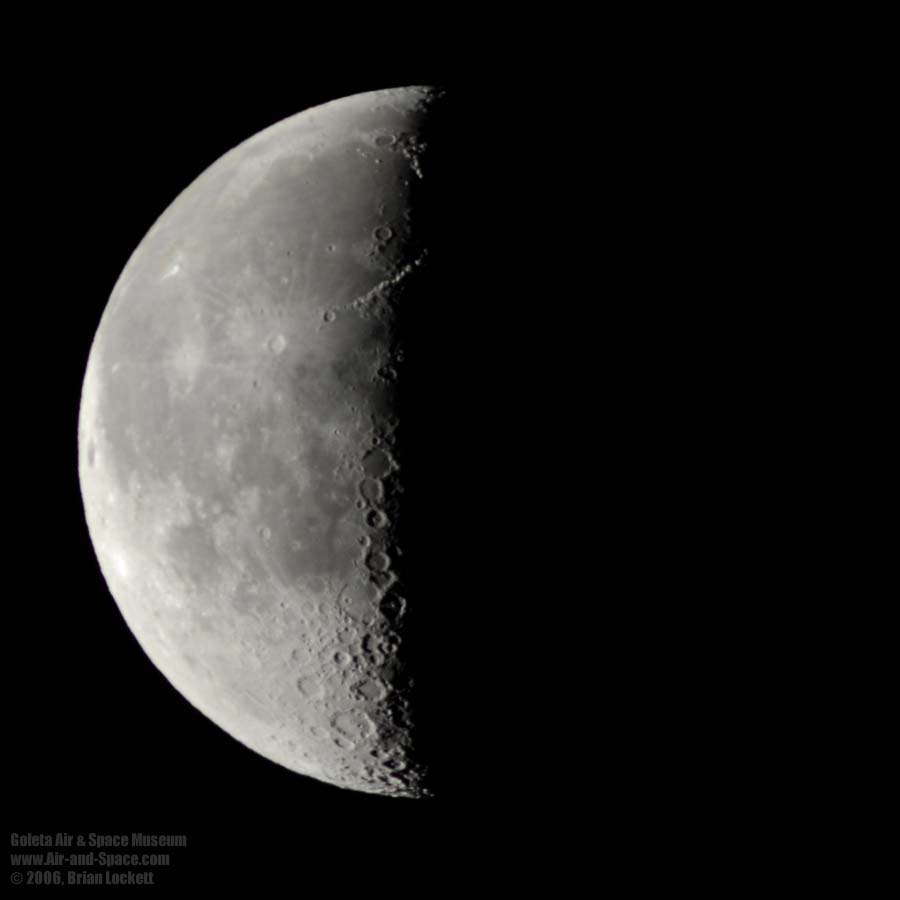A young boy, maybe 12 years old, kicks at a stone and looks
up at his Pappa. He wonders why they are
visiting the old summer house out of season.
No one is at the sea shore this time of year and the seaside area is
deserted. How is he to know that Pappa is
not sure why they are there either except perhaps to address the pit in his
stomach that tells him “perhaps, never again.”
“Tell me again why Momma and Sis had to leave?” the boy asks.
“They are visiting relatives on the continent.”
“But why did they take all the jewelry? Why did all the other kids leave too?” Indeed, the boy is proud of the fact that he
is the youngest of all the men left in the village. But his father is deaf to his questions and instead
turns back to their car wearing a very sad, pensive expression.
On the drive back, the boy points out a neighbor’s car on
the side of the road. “Pappa – I recognize the Schneider’s car!”
Pappa pulls over looking concerned and is scoping out the
car without touching it. After warning
his son to touch nothing, the boy wanders down to the riverside. Looking relieved after a quick examination of
the interior of the car, the man straightens up and see his son heading toward
something in the river.
“Roger! Come
back!” But it is too late, the boy is
already poking at the object floating along the edge. The father sighs and heads down talking to
himself “His Mamma is right, I must send him too.” The boy is poking at a slightly water-bloated
cadaver and looks at his Pappa.
“Is this a person, Pappa?”
“Yes – it was, it was.
Time to go. Time to go.”
A few months later the boy was going to school in mainland
France, scuffling with older kids in the playground. He would wait until he got home to ask his
Mamma what a “dirty colonist” was. He
didn’t know why he was fighting, he just knew if someone was calling him that
and throwing stones at him then he needed to fight them.
Then, one day a few more months after that, Pappa joined
them. He seemed a different man, a
defeated man. One late night after he
should have been asleep he heard him telling Mamma “Thank God for Ehtari. He
saved me. He told the FLN militants
while their guns were pointed at us, ‘No, not that one – I worked with him at the
winery – he’s a nice guy. No way he is the one.’ Then he pulled me out of the
line and got me to the boat. I heard the
gunfire afterwards and I think the rest are dead.”
“Why did they round you up?”
“They heard that some Frenchman from the village had been
roaming with the OAS and shooting Arab women and children. Apparently I matched the description and so
they grabbed me.”
“You and Roger should have left with us!”
“I know, but I couldn’t imagine we would lose it all. Everything.
The winery my grandfather built with his own hands, the family house,
the beach house, and most of our savings.”
“Well, we have the money I sewed into our collars and the
family jewels they let me leave wearing. And we have our lives.”
“I know, I know.”
Years later the boy would grow into a man, and run his own,
newer winery and tell these stories to his nephew.
His nephew from America where his sister had gone to make
herself a new life in yet another new land.
That nephew would one day grow into a man himself and think
how simple and easy his own childhood in the United States had been.























